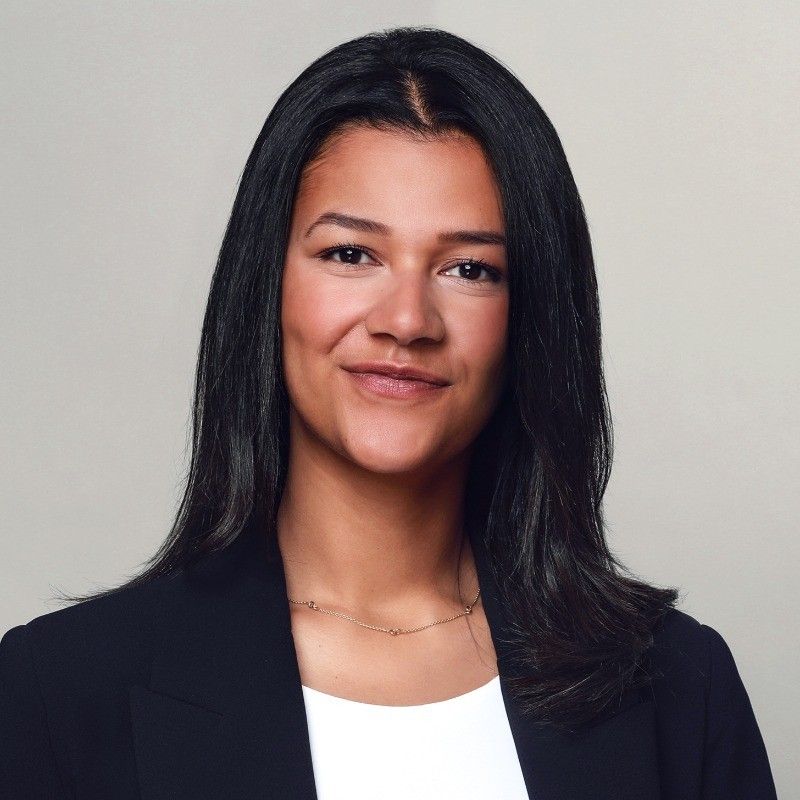
Most people haven’t heard of it. But they should.
Diaspora angel investing isn’t a trend—yet. But it sits quietly at the intersection of global remittance flows, grassroots entrepreneurship, and long-term wealth creation for African economies. At its core, it’s about taking something we already do—send money home—and turning it into something with deeper, longer-lasting impact.
In this piece by Michelle Amoakoh, she breaks down what diaspora angel investing really means, why it matters now, and how it could shift the way capital moves across continents – building ownership instead of just covering costs.
Here are 5 things Michelle thinks you should know.
Most people haven’t… so here are 5 things you SHOULD know about it.
1 | What is it?
Think of classic angel investing = a private cheque + mentorship for an early‑stage company.
Diaspora angel investing refers to the same Angel cheque, just by a member of the African diaspora, who grew up there, or whose parents did, who knows the local culture, the market and the risks and who cares deeply about the outcome.
2 | Why should you care?
Because Afro Diaspora capital (aka. remittances) are already the biggest, quietest capital flow between Europe and Africa.
In 2023 the Afro-Diaspora sent ≈ $54 billion home, more than Europe’s total FDI into Africa that year (≈ $53 billion).
The difference: remittances often cover ad hoc, short term costs like school fees, rent or medical bills (very important, though) whereas diaspora angel investments are building equity, ownership and long-term wealth (best case!).
3 | The opportunity
By repurposing (some!) of the same cash flows:
– from one‑off support → to repeat ownership
– from consumption → to entrepreneurship & jobs
– from short‑term relief → to long‑term resilience
4 | Why talk about it now?
Europe is reconsidering it’s role in global development, looking for more active and inclusive approaches, while rethinking traditional development aid. Diaspora angel investing potentially offers an inclusive, and impactful alternative that puts economic sovereignty and resilience as the baseline.
5 | What I’ve seen so far
The idea has been uncovered by some. However it has not yet been approached institutionally or at a scale. But I’ve worked closely with initiatives exploring exactly that:
– train diaspora professionals to become angel investors, and
– convert remittances into early‑stage equity for green SMEs
If you’re curious about his topic, let’s speak!
PS: with this 𝗰𝗮𝗽𝗶𝘁𝗮𝗹 𝗱𝗶𝗮𝗿𝗶𝗲𝘀 𝘀𝗲𝗿𝗶𝗲𝘀 I’m trying to highlight interesting and alternative approaches on how capital and the mechanics of the finance markets are used to create societal value. So stay tuned on more aspects of #CapitalForChange.
© Michelle Amoakoh
Numeris Media is an official Media Partner to Connected Banking Summit & Innovation Excellence Awards 2025 – Southern Africa
(July 23, 2025 | Johannesburg, South Africa)
